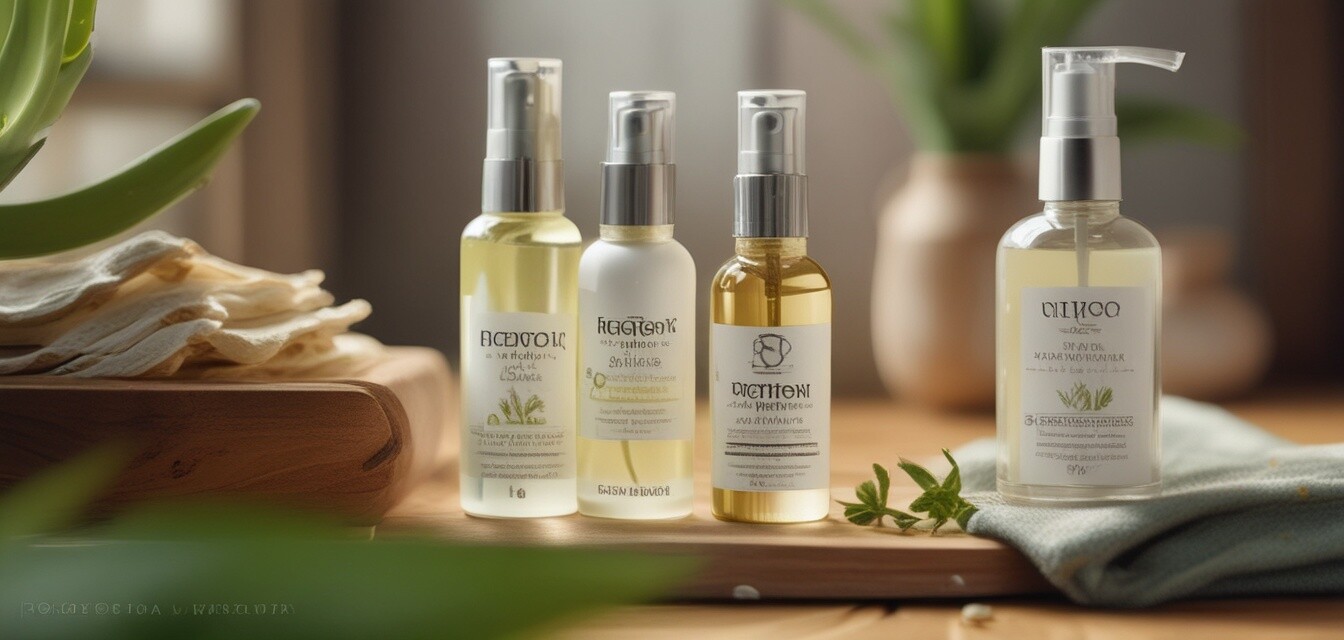
Debunking Common Myths About Retinol
Key Takeaways
- Retinol is not just for anti-aging; it can benefit various skin types.
- Safety is a priority; understanding proper usage mitigates any risks.
- Incorporating retinol into an organic skincare routine is easier than you think.
Retinol has gained popularity in the skincare community, but with that popularity comes a wave of misconceptions. For anyone considering its addition to their skincare routine, it's crucial to clear the air about the common myths surrounding this powerful ingredient. This guide will help you understand the truth about retinol, its benefits, and how to safely incorporate it into your organic skincare regimen.
What is retinol?
Retinol, a derivative of Vitamin A, is widely used in skincare products for its ability to promote cell turnover and improve skin texture. It’s found in various forms—over-the-counter retinol, prescription retinoids, and in natural sources. Despite its many benefits, misconceptions often cloud its true potential.
Common myths about retinol
| Myth | Fact |
|---|---|
| Retinol is only for aging skin. | Retinol benefits all skin types, including oily, dry, and acne-prone skin. |
| Using retinol will cause irritation. | When introduced gradually, many experience minimal irritation. Proper usage is key. |
| Retinol is not safe for sensitive skin. | While some may experience sensitivity, many formulations cater to sensitive skin. |
| Retinol can't be combined with other ingredients. | Many can successfully combine retinol with hyaluronic acid or antioxidants. |
| It's not effective if it's organic. | Organic products can effectively contain retinol and yield positive results. |
Benefits of retinol
Adding retinol to your organic skincare routine can have numerous benefits:
- Improves skin texture by promoting cell turnover.
- Helps in reducing the appearance of fine lines and wrinkles.
- Assists in unclogging pores, making it effective for acne-prone skin.
- Enhances the overall radiance of the skin.
How to incorporate retinol into your skincare routine
Incorporating retinol into your routine doesn’t have to be daunting. Follow these steps for a smooth transition:
- Start with a lower concentration to assess your skin's tolerance.
- Use it 1-2 times a week and gradually increase frequency.
- Apply at night after cleansing; follow with a moisturizer.
- Always use sunscreen during the day, as retinol can increase sun sensitivity.
FAQs about retinol
Is retinol safe for pregnant women?
Generally, it's recommended to avoid retinol during pregnancy. Always consult with a healthcare provider.
Can I use retinol with other active ingredients?
It is advisable to introduce one active ingredient at a time to monitor skin response. Consider consulting a dermatologist.
Key considerations when buying retinol products
When selecting retinol-based products, keep the following factors in mind:
- Ingredient list: Look for natural and organic formulations.
- Concentration: Beginners should start with lower concentrations.
- Packaging: Choose products that come in opaque packaging to protect the ingredients.
Tips for beginners using retinol
- Patch test any new product 24 hours before full application.
- Combine with hydrating products to alleviate dryness.
- Be patient; it takes time to see results, typically around 6-12 weeks.
Conclusion
Clearing up these myths about retinol can empower you to include this valuable ingredient in your organic skincare routine safely. Remember, the key is to start slowly and listen to your skin. This way, you’ll reap the multitude of benefits retinol has to offer, enabling you to glow with confidence.
Pros
- Effective for multiple skin concerns
- Wide availability in various forms
- Suitable for many skin types when used correctly
Cons
- Requires careful introduction to avoid irritation
- Can increase sun sensitivity
For more guidance on selecting the right skincare products, check out our Organic Skincare Buying Guides, subscribe to our updates, and explore our other resources on Facial Cleansers and Moisturizers & Serums.


